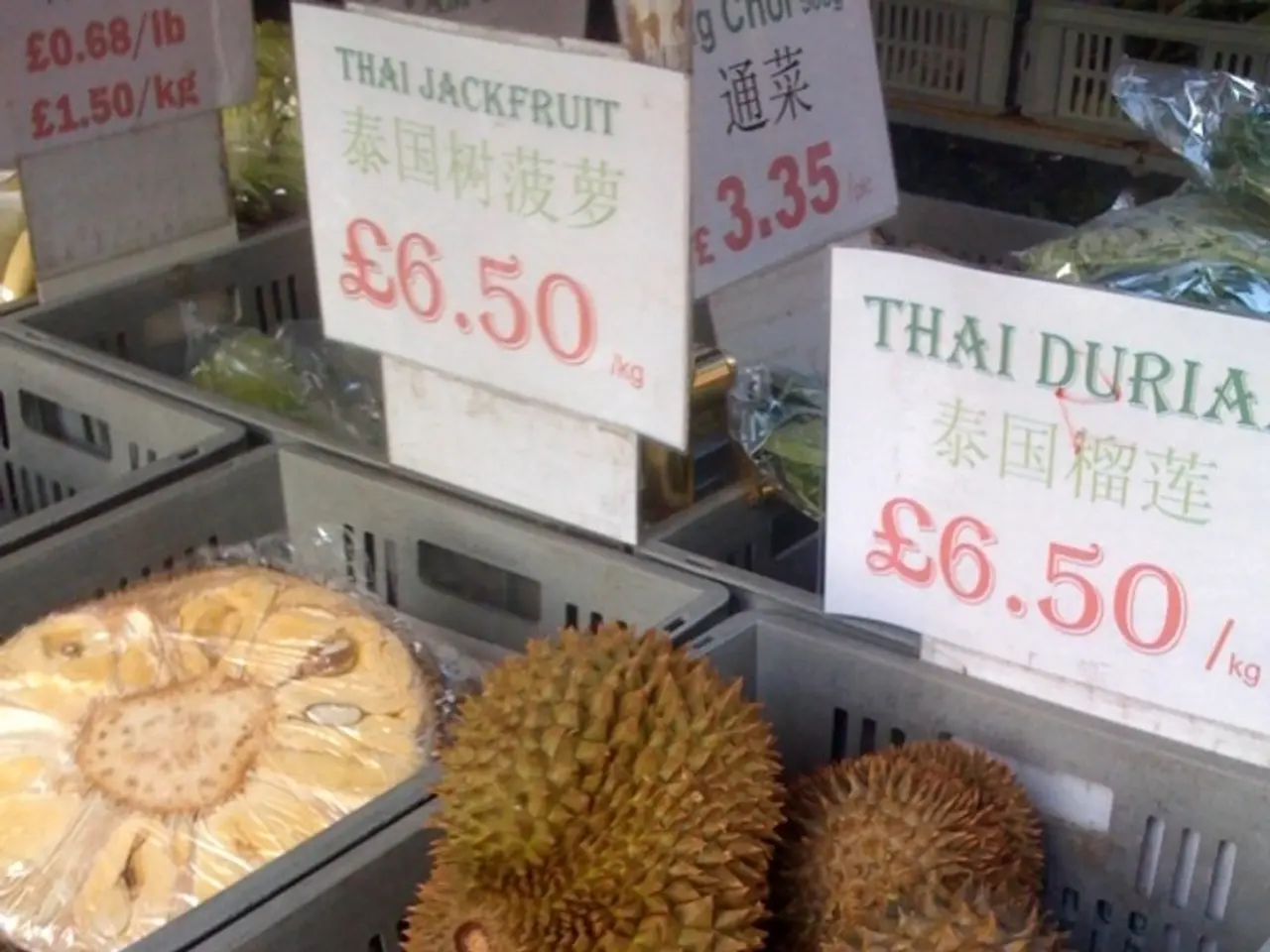Increase in American tariffs set to dent profits for diamond, shrimp, textile, and carpet manufacturing firms
The United States has announced a 25% tariff on goods imported from India, effective August 7, 2025, with a potential additional 25% tariff scheduled for August 27, 2025. This decision is projected to have significant negative impacts on various Indian export sectors, including diamond polishing, shrimp, home textiles, carpets, readymade garments, chemicals, agrochemicals, capital goods, and solar panel manufacturing.
The tariff hike is part of a broader escalation and threatens to divert US import demand away from India towards competing Asian countries like Vietnam and Bangladesh, where tariffs are lower or absent.
Textiles and Apparel
Heavily dominated by Small and Medium Enterprises (SMEs) in India, sectors like home textiles, carpets, and readymade garments will face reduced price competitiveness in the US market due to the 25% tariff. This could lead to potential loss of market share and significant price hikes for consumers in the US, particularly for clothing and footwear (37-39%).
Diamond Polishing and Gems & Jewellery
The gems and jewellery sector, including diamond polishing, is under considerable pressure from these tariffs, threatening export revenues. The US accounts for 25% of the total revenue in the last fiscal for diamond polishers, and the tariff will put further pressure on their already modest operating margin.
Shrimp and Agrochemical Exports
Though not explicitly detailed, shrimp and agrochemicals are significant export items for India and are likely subject to these tariffs, reducing their competitiveness in the US market. Agrochemical exports to the US, which account for 11-12% of the sector's revenue, will face challenges due to strong competition from China.
Chemicals, Agrochemicals, Capital Goods, and Solar Panel Manufacturing
These sectors form part of India's broad export base that will face the 25% tariff. Engineering exports alone are forecasted to decline by $4–5 billion, reflecting pressures on capital goods and chemical exports. For capital goods manufacturers, India faces stiff competition from countries like Mexico with a lower tariff structure.
Overall Economic Impact
The additional tariffs could reduce India’s GDP growth by 0.2–0.5 percentage points, lowering forecasts from 6.5% to around 6% or less. Exports worth around $48.2 billion to the US will be directly affected by these tariffs, worsening trade relations and lowering export revenues. Small and medium enterprises in the textile and leather sectors are particularly vulnerable due to their dependence on the US market and lack of pricing power to absorb tariff hikes.
While sectors like IT services, pharmaceuticals, FMCG, and banking are relatively insulated due to limited US exposure and zero tariffs in pharmaceuticals and electronics, manufacturing and traditional export sectors are under significant pressure.
The tariff, along with the already tepid demand for natural diamonds in the US and growing demand for lab-grown diamonds, will likely lead to a sharp dip in revenue for diamond polishers. For sectors such as ready-made garments, agrochemicals, specialty chemicals, capital goods, etc., the impact of the 25% reciprocal tariff is likely to be more manageable due to moderate exposure to the US and limited tariff disadvantage.
However, the tariff will have an adverse impact on all sectors, according to Crisil Ratings. Working capital cycles will elongate as inventory moves slowly and customers stretch payment cycles in the diamond polishing sector. The tariff will also severely impact Indian shrimp exporters, as they draw 48% of their revenue from the US market.
Despite these challenges, strong corporate balance sheets, potential bilateral trade agreements with other countries, and the possibility of support from the Indian government for the affected sectors could mitigate the impact of the tariff to some extent.
Read also:
- Court petitions to reverse established decision on same-sex marriage legalization
- Commemoration of 200 Days of American Resurgence Unveiled
- Minister Bärbel Bas expresses doubts about her tenure as a minister following a recent interview during the summer.
- Politicians from both Republican and Democratic parties are urging President Trump to maintain the security agreement with Australia and the United Kingdom.







